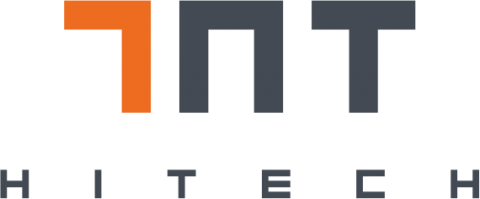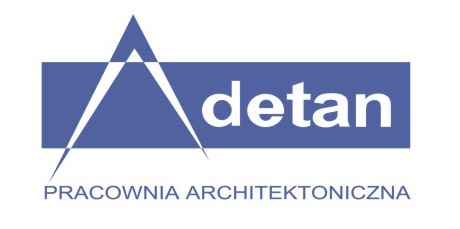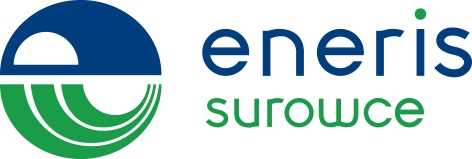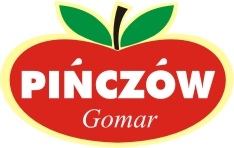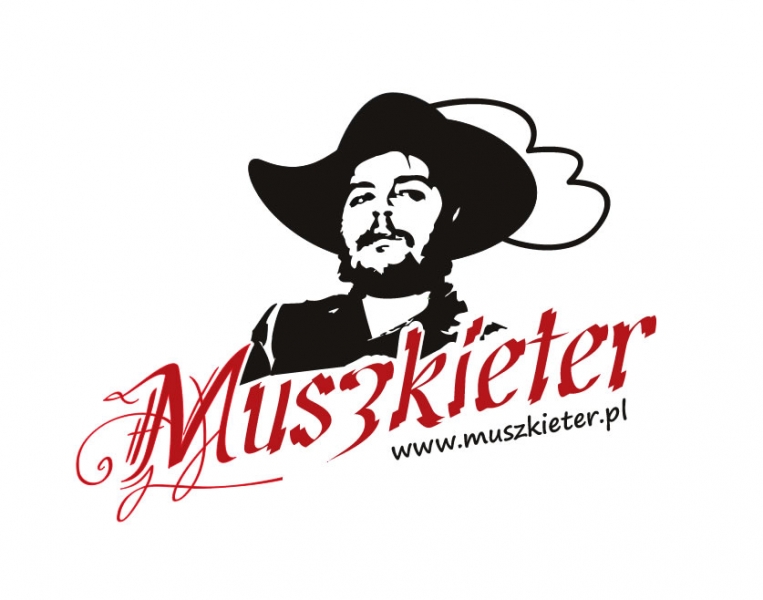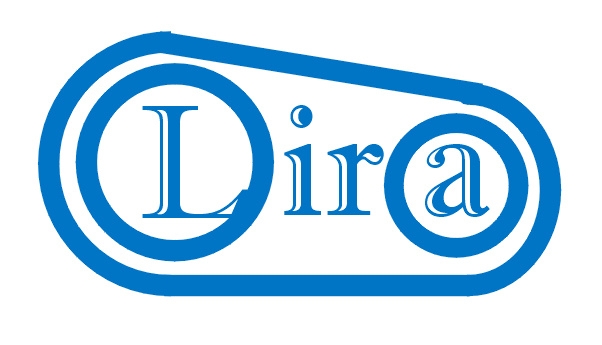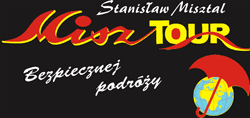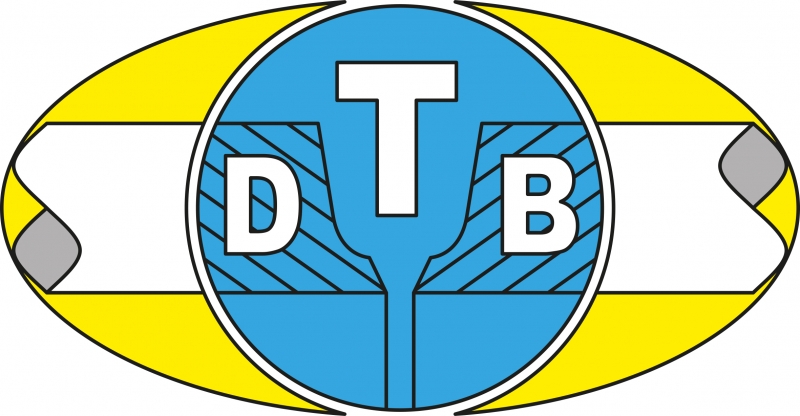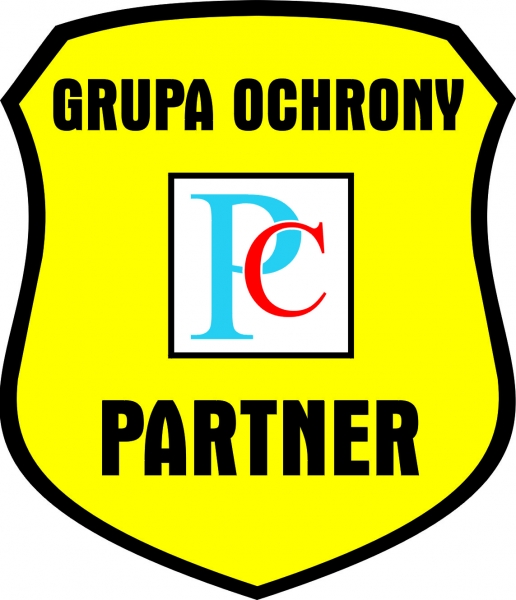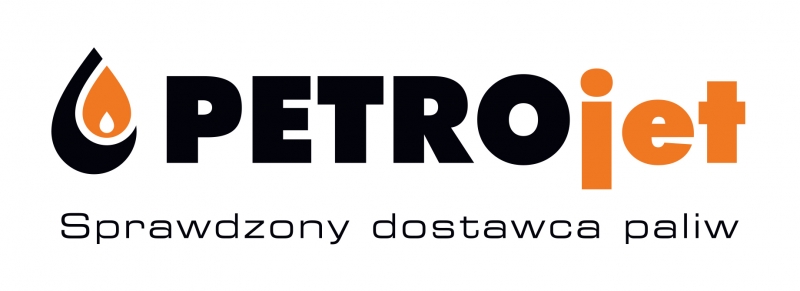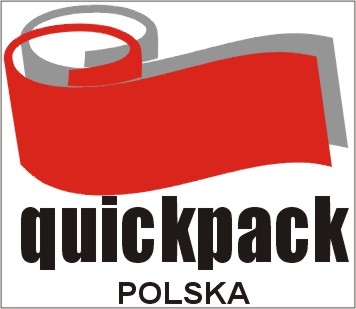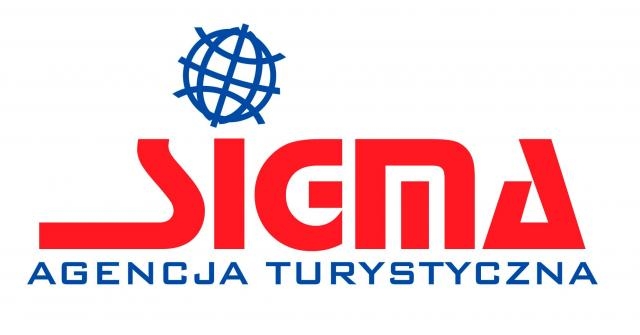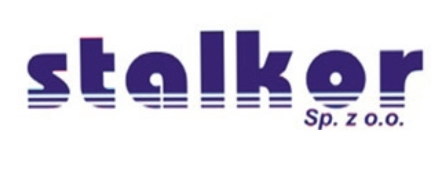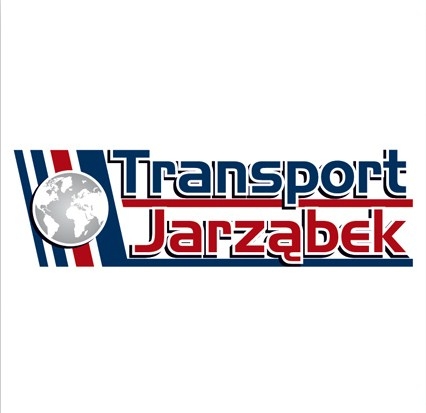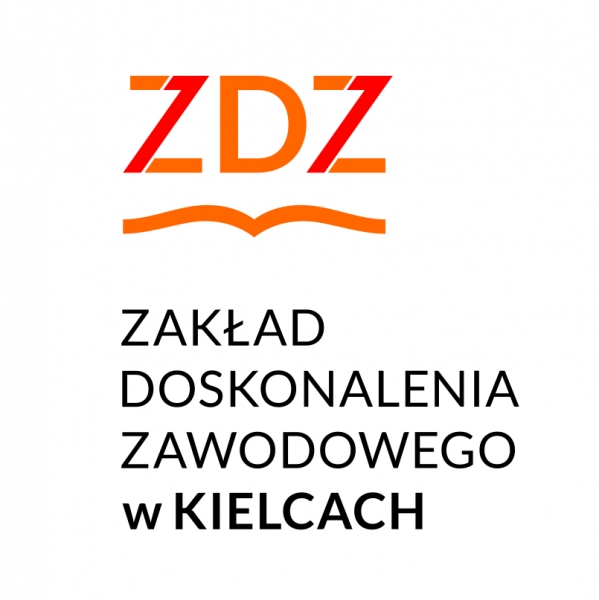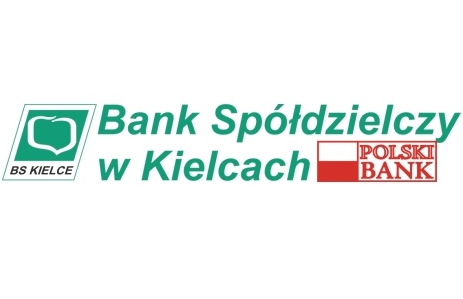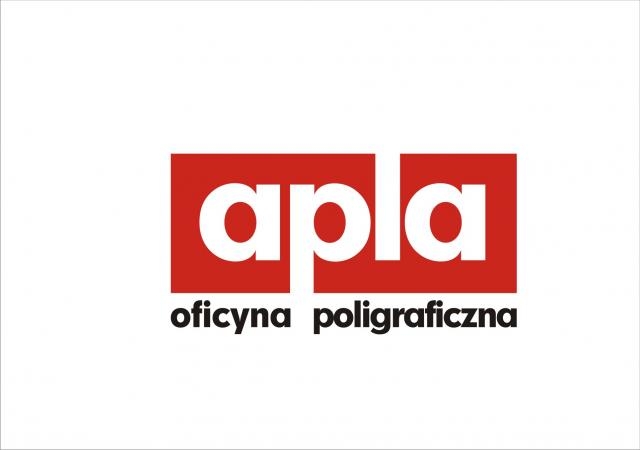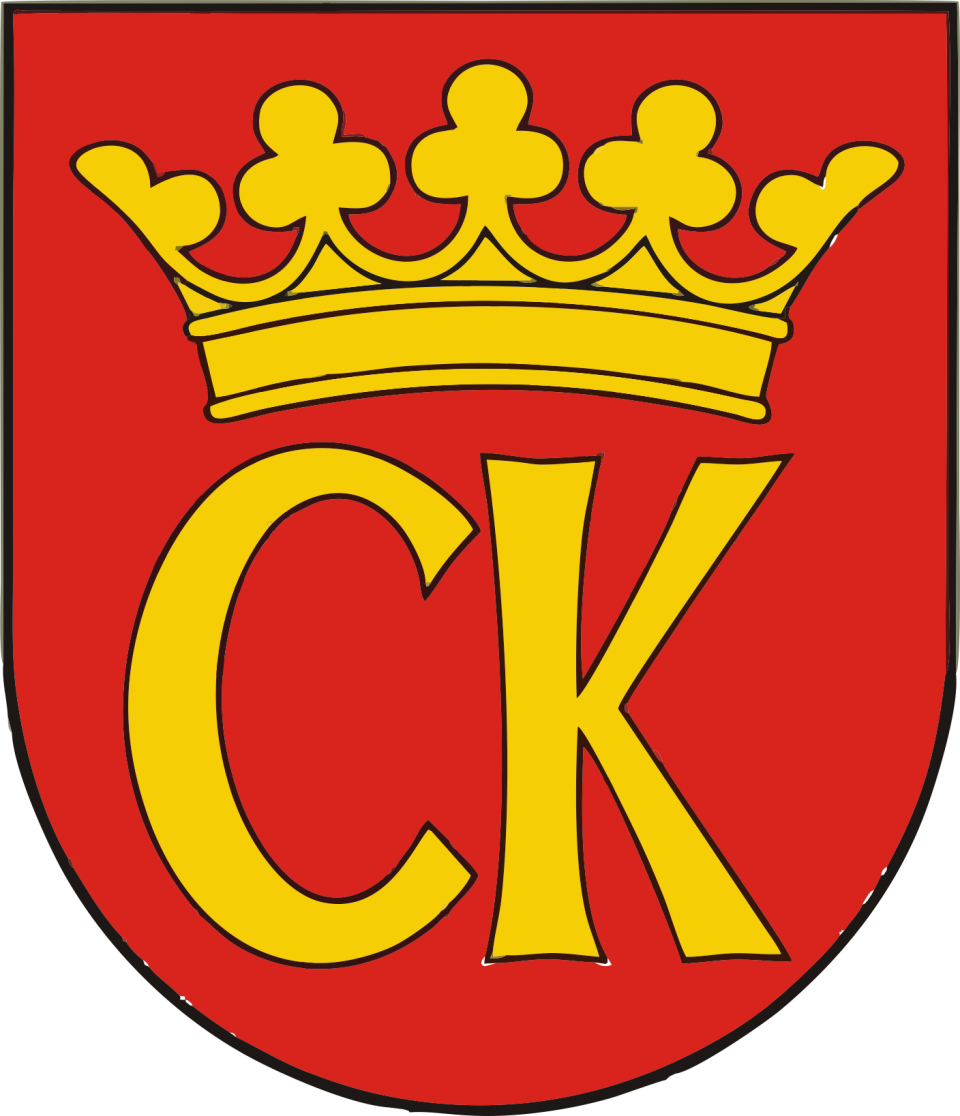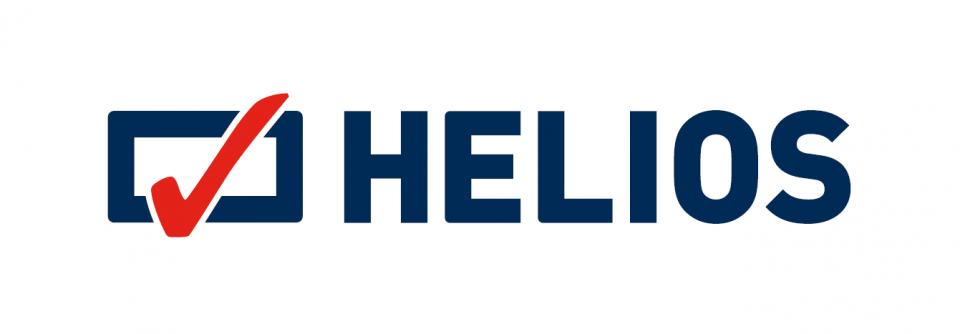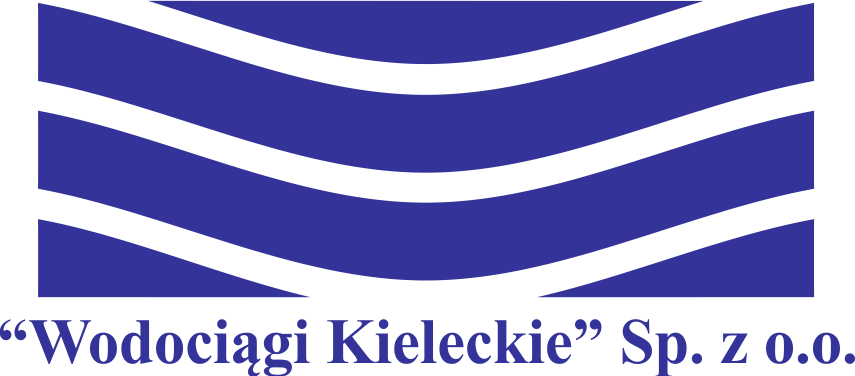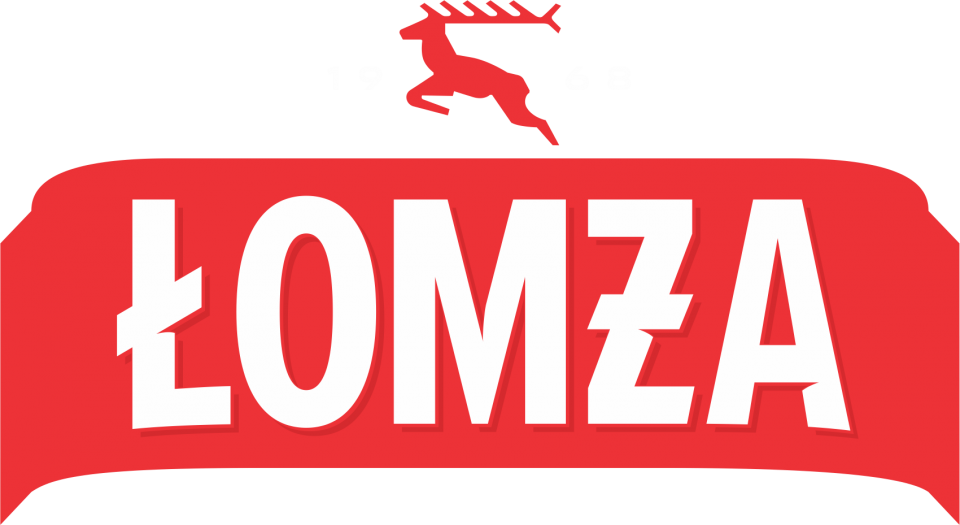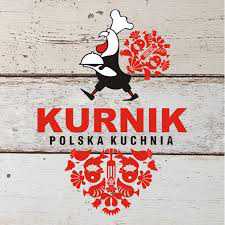
12 PGE VIVE players in the 2020 European Handball Championship!
The 2020 European Championship starts on Thursday, 9 January, in Sweden, Norway and Austria. As many as twelve PGE VIVE Kielce players will fight for medals playing in seven national teams.
The group phase of the EHF EURO 2020 takes place on 9–15 January. Twenty-four national teams compete in six groups. This is the first time in the history that the Old Continent Championship is organized by three countries and so many teams take part in it.
Two groups (A and B) play in Austria, in Graz and in Vienna. Croatia, Serbia, Montenegro and Belarus compete against each other in Group A. Fans of PGE VIVE Kielce will certainly be interested in following the games in this group, because in each of the teams we have a current or former Polish Champion in their ranks. The Czech Republic, Macedonia, Austria and Ukraine will compete for promotion in Group B.
Two more groups play in the Norwegian city of Trondheim (the match days of these teams are intertwined — one group plays when the other one pauses). Group C is also full of Kielce-related motifs, with the following teams featured in it: Spain, Germany, Latvia and the Netherlands. Whereas France, Norway, Portugal and Bosnia and Herzegovina play in Group D.
The last two Groups, E and F, are located in Sweden. Group E featuring Denmark, Hungary, Iceland and Russia will compete in Malmö and F featuring Poland, Slovenia, Sweden and Switzerland in Gothenburg. The fate of the latter will certainly also attract the attention of Kielce's fans.
As part of the EHF EURO, as many as twelve PGE VIVE Kielce players and two coaches will be part of seven national teams:
- Poland: Arkadiusz Moryto, Mateusz Kornecki, Sławomir Szmal (assistant coach)
- Belarus: Arciom Karalok, Uladzislau Kulesh
- Croatia: Igor Karačić
- Montenegro: Branko Vujović
- Spain: Alex Dujshebaev, Daniel Dujshebaev, Angel Fernandez, Julen Aginagalde
- Germany: Andreas Wolff
- Slovenia: Blaž Janc, Uroš Zorman (assistant coach)
The main stage of the tournament begins on 16 January, featuring two best teams which advanced from their respective groups. Teams from Groups A, B and C will go to Vienna, and those from Groups D, E, F to Malmö. The final stage starts on 24 January with semi-finals in Stockholm. The third-place match takes place the following day, and the final on Sunday, 26 January.
Montenegro and Poland will certainly have a very difficult challenge ahead of them, I hope that both teams will be able to win at least one match, but the groups are tough — says coach Talant Dujshebaev — However, this is the European Championship, everything can happen here, and let's not forget that this is the most difficult tournament, more difficult than the World Championship. The list of favorites of the competition includes Denmark as well as France, Germany, Spain, perhaps Norway and Croatia, which is able to defeat any opponent.
The chances of PGE VIVE Kielce players to reach the podium vary, depending on the national team they are featured in. However, it is very likely that at least one of the players will bring a medal back to Kielce.
I think that Spain together with Croatia will be one of the favorites for the top six — says coach Dujshebaev.
Certainly, after the group stage, someone from Group A will be coming back to Kielce. Two teams will advance to the main stage, and our players are featured in three teams — Croatia, Montenegro and Belarus.
Unfortunately, somebody will have to come back to us a bit sooner — comments PGE VIVE playmaker, Krzysztof Lijewski — Croatia surely has a better chance than Montenegro, although the Balkans vs Balkans matches are high-risk matches and I wouldn't discount any team here. I also saw Belarusians in the tournament in Tarnow after Christmas, and I must admit that they played great despite Vlad Kulesha's absence. I think they also have a chance to advance form the Group. Maybe Branko will come back to us sooner, but I wouldn't bet my money on it.
PGE VIVE Kielce players whose participation in the EHF EURO ends after the group stage will get a few days off and will not attend any trainings until 20 January. Those who make it through to the final will have less rest and will join the team after only two days.
Matches of the Polish team will be broadcast on TVP Sport. The channel will also show the final stage matches, i.e. the semi-finals, the third-place match and the final.


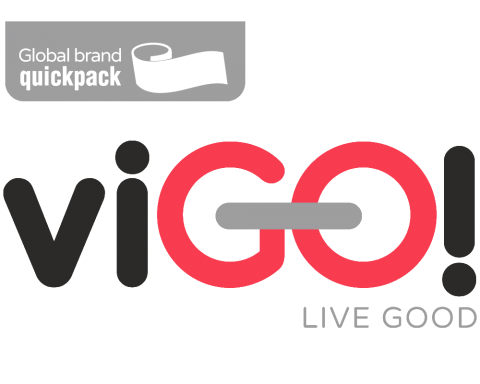


_thumb.png)





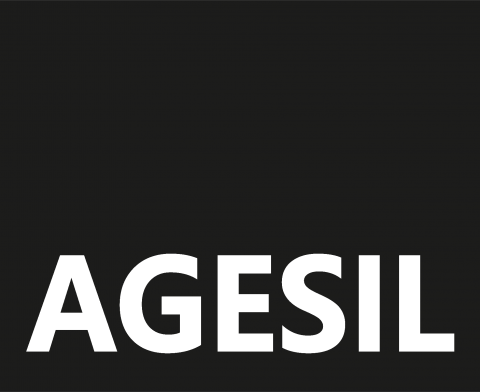

![herb Woj Świętokrzyskie[1] herb Woj Świętokrzyskie[1]](https://kielcehandball.pl/library/2021/12/03/herb-Woj-Swietokrzyskie1_thumb.png)
